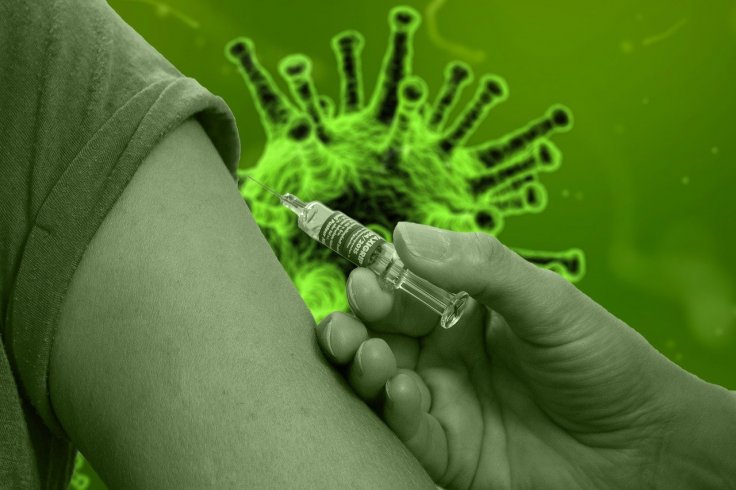Early results from tests for the Oxford and AstraZeneca's Coronavirus vaccine have shown that it can produce a robust immune response in elderly people. A professor leading the vaccine program said that medics and high-risk patients are likely to receive Oxford's COVID-19 vaccine before the end of 2020.
Professor Adrian Hill, the founder, and director of the University of Oxford's Jenner Institute said that emergency approval would allow people most in need to receive the vaccine shot, while the final trials are underway. Then the authorities should approve the vaccine for the rest of the population from early 2021.
He admitted that the timing was right to begin the immunization before Christmas but it is not impossible. In addition, he also said that billions of vaccine doses are already being produced at factories across the world. As per Prof Hill, "I would be very surprised if this thing [Coronavirus pandemic] is not very clear on the way down by late spring, at least in this country... we will get to the stage where there is herd immunity through vaccination."

Safe Vaccine
As reported by the Financial Times, it has been found that the vaccine triggers protective antibodies and T-cells in elderly people. Immunogenicity blood tests, conducted on a subset of older participants, show similarity with data released in July this year that said the Oxford vaccine generated "robust immune responses" in a group of healthy adults, who were aged between 18 and 55.
This vaccine is considered a front runner in the race to Coronavirus vaccine development. The outcomes of the trial programs are being closely watched around the world. Meanwhile, the British firm AstraZeneca has resumed the US trial of the vaccine after approval by regulators—it was halted in September after a participant reported illness after getting the shot.
As per prof Hill, the initial license would be for emergency use and authorities will look into more data on safety and the vaccine's efficacy before they give a license to vaccinate everyone in the UK.
The priorities in the country are "pretty clear" said Prof Hill and added that "we're going to vaccinate high-risk individuals before we vaccinate the young, the fit and healthy who are at a lower risk. I think most countries will do that." This year the researchers are looking for an 'emergency use' authorization which will "allow us to go and vaccinate those most at risk as a priority, then early next year everybody else." Under an interim license, medical and other key workers would also be able to receive the Oxford vaccine, said Prof Hill.
However, as reported on Monday, employees at a major London hospital trust have been told to get ready to receive the first batches of the Oxford vaccine. They were told to prepare for the COVID-19 vaccines from the "week commencing November 2."









